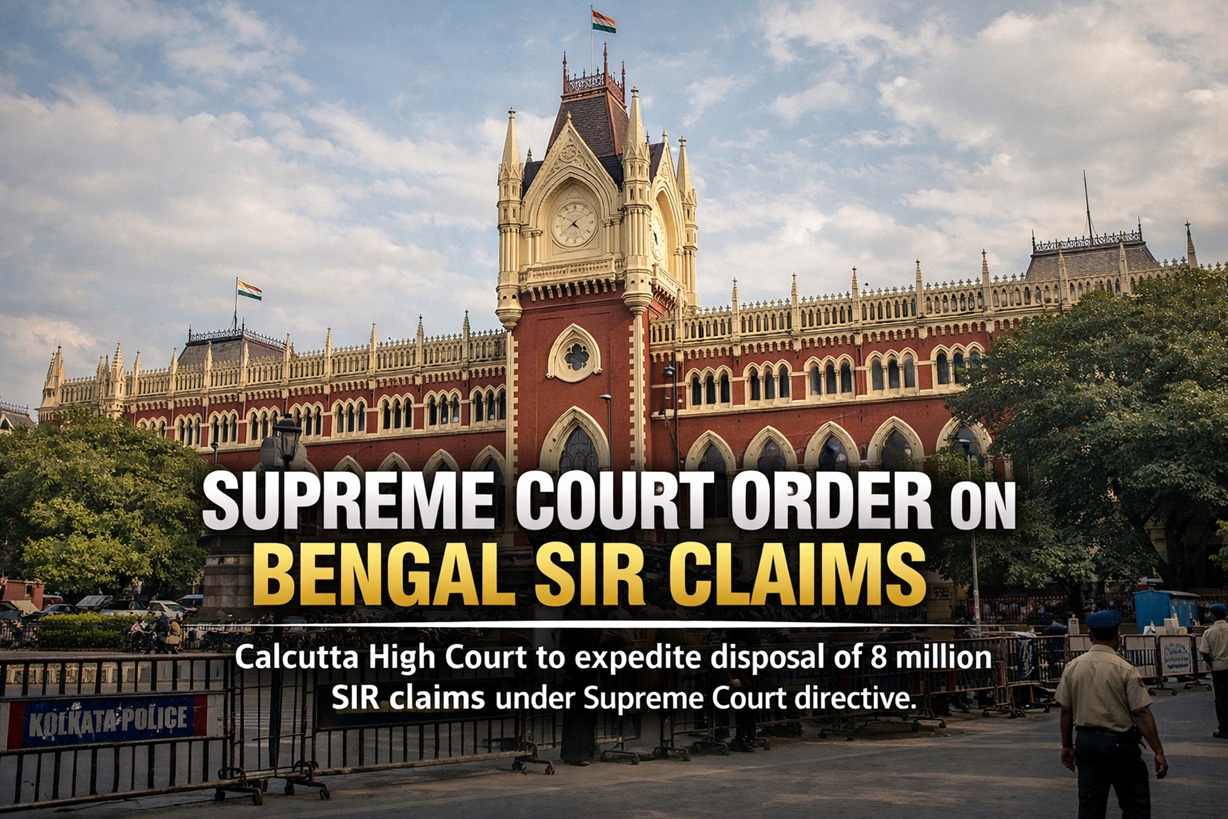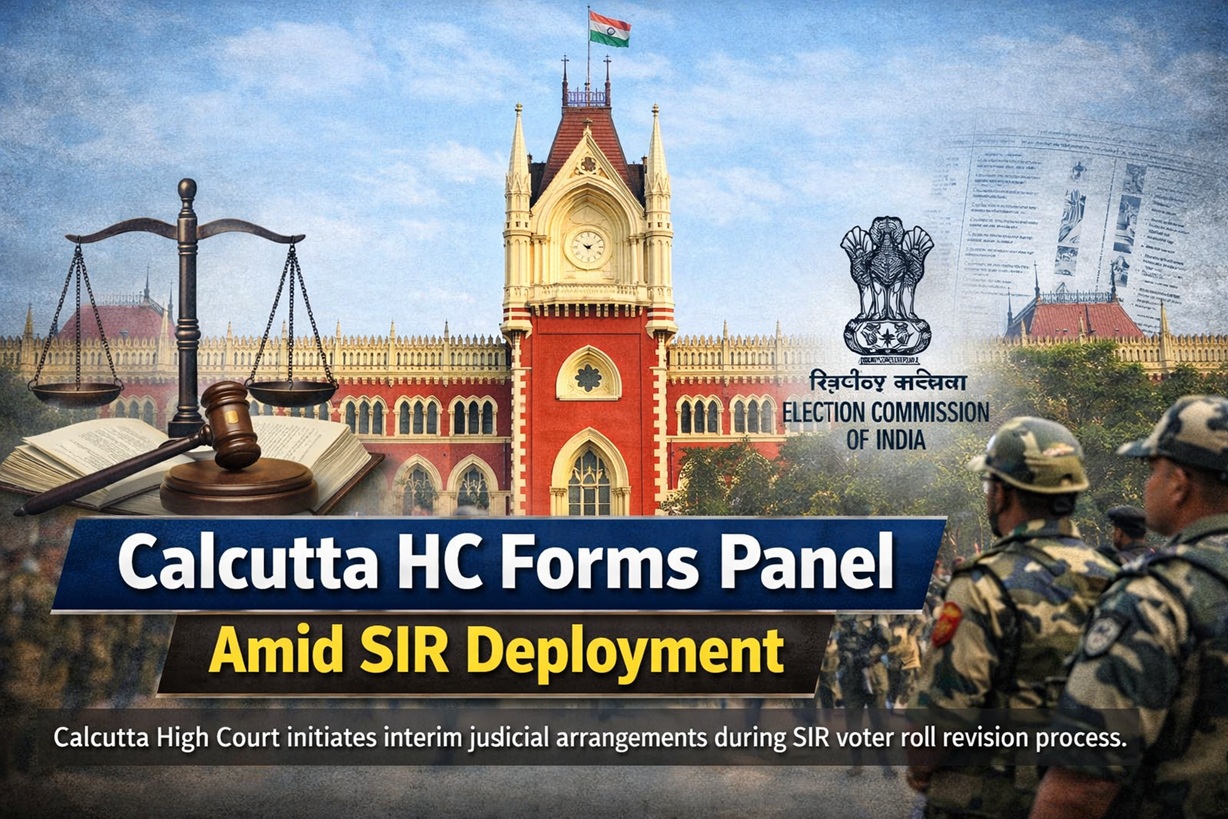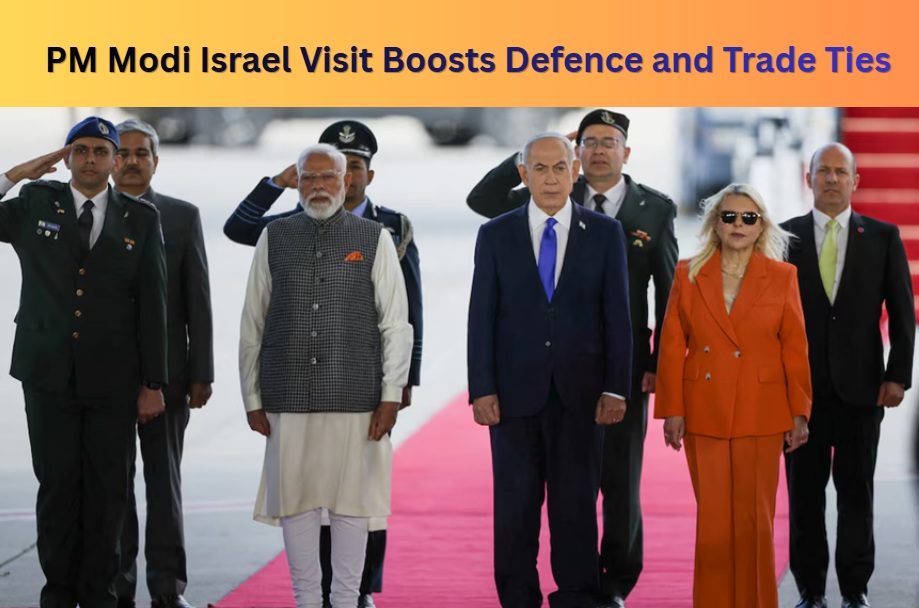The Central Bureau of Investigation (CBI) has intensified its investigation into the rape and murder of a trainee doctor in Kolkata, leading to significant political tension. West Bengal Chief Minister Mamata Banerjee has expressed strong dissatisfaction with the CBI’s rapid progress, accusing the agency of overreach. In response, Banerjee has taken to the streets, organizing a padyatra (foot march), which has been criticized as a political maneuver rather than a genuine effort to address the crime.
CBI’s Investigation and Arrests
The CBI has made considerable headway in the case, meeting with the victim’s parents and questioning five doctors from RG Medical College. The agency has also arrested 25 individuals in connection with the vandalism at the hospital that occurred on Wednesday night. The Medical Association has responded to the incident by declaring a nationwide strike, signaling widespread discontent with the handling of the case, which has sparked protests from Bengal to Delhi.
Mamata Banerjee’s Padyatra: A Political Gesture?
Banerjee’s padyatra has faced significant criticism, with many questioning her true motives. Critics contend that rather than taking decisive action against the perpetrators, Banerjee is using the padyatra as a diversion. This has led to growing concerns about her commitment to women’s safety and whether she is shielding those responsible. Her actions appear to be more about deflecting mounting public pressure than addressing the core issues. Some on social media have even likened this approach to the so-called “Kejriwal Virus,” suggesting that the West Bengal government is now following a similar pattern of political maneuvering.
Political Reactions and Media Influence
The protests by doctors and nursing staff across India have been significant, with opposition figures and journalists, including those like Rahul Gandhi, being criticized for their perceived inaction. The media’s role in the narrative has also been contentious, with some accusing journalists of downplaying the severity of the situation or aligning with certain political interests.
Shaheen Bagh and Political Hypocrisy
The discussion also brings up memories of the Shaheen Bagh protests, with accusations that similar tactics are being used to manipulate public sentiment. The narrative suggests that those who previously fueled tensions around citizenship laws are now silent or hypocritical when it comes to the current situation in Kolkata.
Responsibility for Riots and Murder
The criticism extends to political figures and media personalities, accusing them of inciting violence and failing to take responsibility for the ensuing chaos. The riots in Delhi, which resulted in numerous deaths, are cited as examples of how political maneuvering can lead to tragic outcomes. The current protests in Kolkata are seen as a continuation of this pattern, with innocent people caught in the crossfire.
Law and Order in Bengal
The handling of the case by the West Bengal government is under scrutiny, with allegations that Mamata Banerjee is compromising law and order to protect her political interests. The arrest of the principal of RG Kar Hospital and the questioning of several doctors are seen as steps in the right direction, but there are doubts about the effectiveness of these measures.
Political Maneuvering and Public Perception
The arrest of high-profile individuals and the active role of social media in the investigation have fueled widespread speculation, including rumors that two ministers linked to the incident may soon be arrested. This has put Mamata Banerjee’s leadership under intense scrutiny, with many viewing her padyatra as an effort to reclaim control of the narrative. Comparisons are being drawn to similar incidents in other parts of India, where swift action by authorities helped restore public confidence. In contrast, the perceived lack of decisive action in Kolkata is leading to growing frustration among the public.
Police Actions and Public Outrage
The police’s focus on monitoring social media rather than addressing the root causes of the unrest has been criticized. The authorities are accused of prioritizing their image over the safety of citizens, leading to growing discontent in Bengal.
High Court’s Role and Mamata Banerjee’s Decisions
The Kolkata High Court’s involvement has further complicated the situation, with some arguing that Banerjee’s decision to take to the streets has backfired. The court’s intervention is seen as a necessary step to ensure justice, but it also highlights the failures of the state government.
The Kolkata High Court’s remarks underscore the gravity of the situation. Mamata Banerjee’s decision to take to the streets is seen by many as a misstep that could further damage her credibility. The unfolding events in Bengal are a stark reminder of the delicate balance between politics and justice, with the public watching closely to see how the situation will be resolved.






